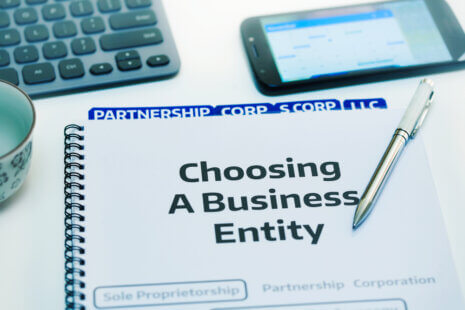Paying your personal mortgage from a business account is generally not recommended and can lead to various legal and financial complications.
Here’s why:
- Commingling of Funds: Mixing personal and business funds in a single account can blur the legal separation between your personal finances and your business finances. This commingling can jeopardize the limited liability protection typically associated with business structures like LLCs or corporations, putting your personal assets at risk in case of legal issues or debts related to your business.
- Tax Implications: Using a business account to pay personal expenses like a mortgage can have tax implications. It can complicate your tax reporting and potentially lead to the disallowance of business expense deductions.
- Regulatory Compliance: Depending on your business structure and local regulations, using a business account for personal expenses may not be compliant with legal and tax requirements.
- Audit and Record-Keeping Challenges: Mixing personal and business expenses makes it challenging to maintain clear and accurate financial records, which can hinder financial management, tax compliance, and business audits.
- Loss of Professionalism: Paying personal expenses from a business account can negatively affect the professional image of your business, especially when dealing with clients, vendors, and partners.
To address personal expenses like your mortgage, it’s advisable to maintain a clear separation between your personal and business finances. Use your personal bank account for personal expenses and a dedicated business account for business-related transactions. If you need to pay yourself from your business, establish a clear and documented process for owner’s draws or salary payments, which can be transferred from your business account to your personal account as appropriate. Consulting with a financial professional or tax advisor can help you set up and manage these financial arrangements in compliance with the law and good financial practices.




